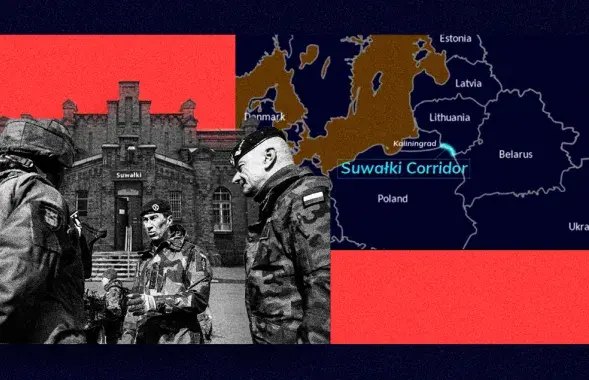Hearings on nuclear power consequences in Astravets
The first public hearings organized by the government to evaluate environmental risks of the first nuclear power plant in Belarus today took place in the town of Astravets, Hrodna region. Independent experts were denied access to the hearing hall, while Russian nuclear scientist Andrei Ozherovsky was sentenced to 7 days in detention. The public hearings devoted to the report on the evaluation of environmental consequences of the Belarusian nuclear power plant began on October 9 at 1200. The town which lies next to the planned construction site of the first nuclear station gathered ecologists, scientists, civic leaders, journalists from Belarus and Russia. But not everyone could take a seat at the local cinema to attend the hearings.
Jan Roudzik reports from Astravets:
“By 1000, when people were allowed to enter, a half of the seats had already been occupied. A lot of fake people and indifferent locals were seated.
As a result, many ecologists and public activists had to stay out in the lobby. They could not enter, because there was allegedly no place for them in the hall. But when there was a need to provide a seat to some officials, people weairng "Volunteer" badges would approach the "fakes" and tell them something like "Two seats must be vacated now!".
Meanwhile, the local police detained Andrei Ozherovsky, a Moscow-based nuclear scientist who coordinate the Ecooborona (Eco-Defense) pressure group. Belapan news agency reported that over 100 copies of critical leaflets were impounded. Later, the Russian scientist was sentenced to 7 days of detention for petty hooliganizm and disobedience.
At the same time, nobody wished to take anonymous leaflets in support of the construction of a nuclear power plant in Astravets.
Most speakers who took the floor supported the nuclear power project:
"Everyone was saying 'yes'... They would say that in towns where nuclear stations are located the health condition of people is better than in other settlements. Local teachers would take the floor to recite poems about the construction of a nuclear plant...”, Jan Roudzik reports.
Within the first two hours of the hearings, there was only one speech against the project. It was Georgi Lepin from Minsk.
Natallia Rabava from Ecodom, an environmental NGO, accused the organizers of the hearings of falsifications and described the hearings as farce.
The territory around the cinema theater was controlled by special police troops.
Photo: Charter'97
Jan Roudzik reports from Astravets:
“By 1000, when people were allowed to enter, a half of the seats had already been occupied. A lot of fake people and indifferent locals were seated.
As a result, many ecologists and public activists had to stay out in the lobby. They could not enter, because there was allegedly no place for them in the hall. But when there was a need to provide a seat to some officials, people weairng "Volunteer" badges would approach the "fakes" and tell them something like "Two seats must be vacated now!".
Meanwhile, the local police detained Andrei Ozherovsky, a Moscow-based nuclear scientist who coordinate the Ecooborona (Eco-Defense) pressure group. Belapan news agency reported that over 100 copies of critical leaflets were impounded. Later, the Russian scientist was sentenced to 7 days of detention for petty hooliganizm and disobedience.
At the same time, nobody wished to take anonymous leaflets in support of the construction of a nuclear power plant in Astravets.
Most speakers who took the floor supported the nuclear power project:
"Everyone was saying 'yes'... They would say that in towns where nuclear stations are located the health condition of people is better than in other settlements. Local teachers would take the floor to recite poems about the construction of a nuclear plant...”, Jan Roudzik reports.
Within the first two hours of the hearings, there was only one speech against the project. It was Georgi Lepin from Minsk.
Natallia Rabava from Ecodom, an environmental NGO, accused the organizers of the hearings of falsifications and described the hearings as farce.
The territory around the cinema theater was controlled by special police troops.
Photo: Charter'97



















